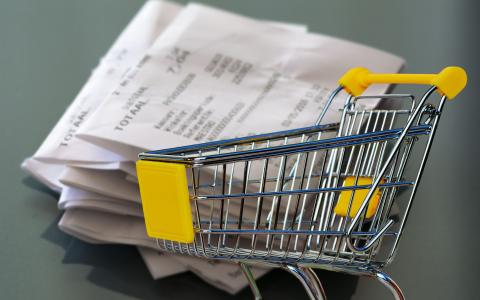
Nobel Laureate economist Paul Krugman cautions against the misleading perception of a "vibecession," a term that emerged in 2022 during a period when inflation reached a peak not seen in over two decades, significantly affecting the American public's sentiment, especially in their daily grocery shopping experiences.
Despite the pervasive gloom surrounding the economy, Krugman emphasizes that the nation has successfully steered clear of an official recession to date, arguing that grocery bills are an inaccurate measure of economic health or policy effectiveness.
He illustrates this point with the example of egg prices, which experienced a sharp increase in mid-2023 due to an avian flu outbreak affecting supply, before declining later in the year, highlighting that such fluctuations are influenced by factors beyond governmental control.
Krugman introduces the concept of "vibeflation," critiquing the tendency to overestimate inflation based on selective, high grocery expenses, and firmly detaches these occurrences from the effects of current economic policies. He notes that despite the deceleration of inflation to a 3.1% annual increase as of January, the cumulative impact of price increases over recent years continues to burden Americans.
The Bureau of Labor Statistics reports a significant rise in food costs, now more than triple those of the early 1980s, with a modest uptick in recent months. Furthermore, the Department of Agriculture reveals that in 2022, American consumers allocated the largest portion of their disposable income to food since 1991.
Krugman, who has faced criticism for his views on inflation, particularly highlights a controversial statement he made on social media last year, suggesting the inflation battle was won if one were to exclude food, energy, shelter, and used cars—key spending areas for most Americans—from inflation calculations.
Krugman concludes with a plea for rationality, urging the public to trust in the rigorous methodologies of statistical agencies over personal sentiments influenced by momentary frustrations or political biases.



